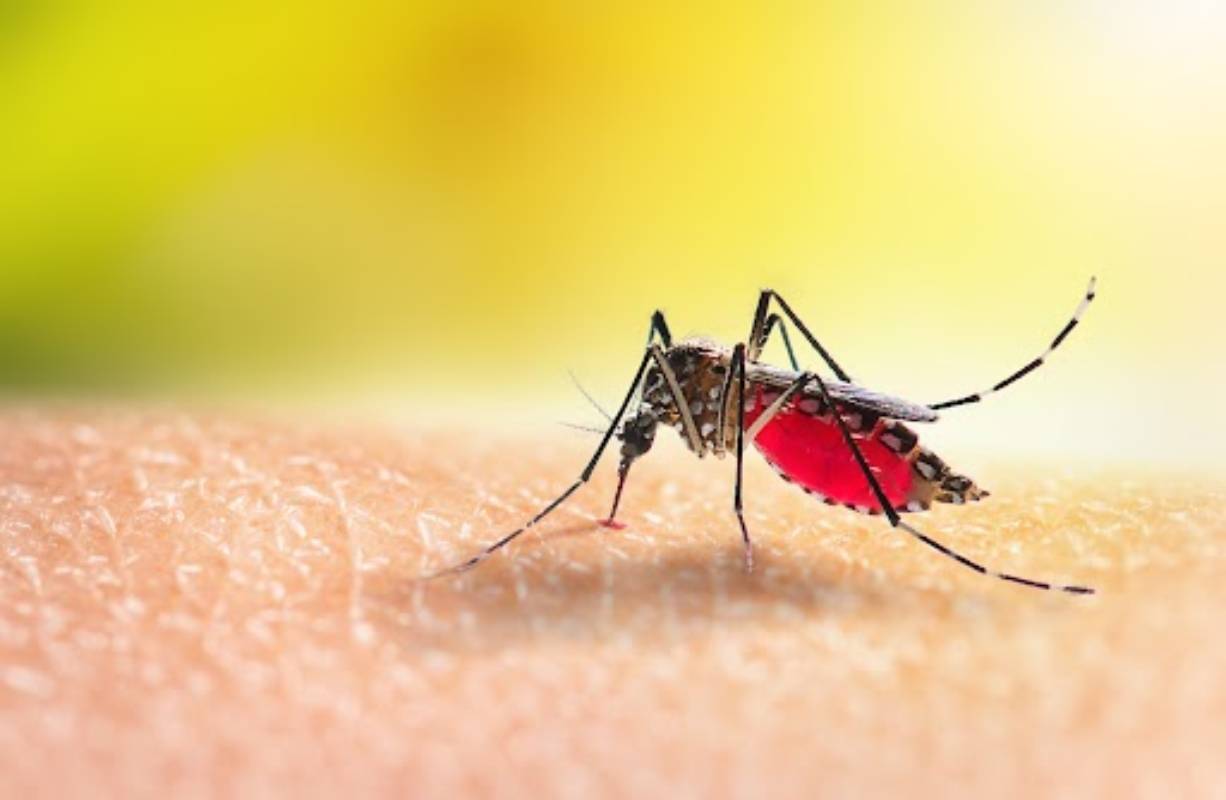Dengue is a common disease in tropical countries such as in Malaysia. The humidity and the tropical environment favour the growth of the mosquito responsible for dengue cases. Dengue cases are usually high during the rainy season or after a flood. Do you know that dengue fever is usually caused by the Aedes mosquitoes, specifically the female one? It is only the infected mosquitoes that are able to affect humans. You probably wonder how come the mosquitos are infected? The mosquito is said to be infected when it bites humans that have the dengue virus circulating in their blood system. The infected mosquito then will infect other humans through its bites. In order to prevent dengue fever, prevention of the dengue cycle is crucial.
Before we know how dengue fever can be prevented, you might want to know more about dengue fever itself. Dengue fever is caused by the dengue virus that is transmitted by the infected mosquito. Dengue fever is considered to be a rapid viral disease of the mosquito-borne. This is especially true when the number of mosquitoes is high. It is important to prevent dengue fever as currently there is no specific treatment for dengue when a person is affected by this virus, especially those vulnerable to infections such as the elderly and young children.
Prevention is indeed better than cure. Dengue fever can be prevented by taking preventative measures. There are many things you can do to prevent dengue such as:
1) Collect and dispose of unwanted containers that could hold water. Common household items that are able to hold water and often overlooked are old tires, plastic containers, vases and buckets.
2) Clean plant pot plates by scrubbing thoroughly once a week. This can eliminate the mosquito eggs from continuing to live.
3) Should you have a water container such as a water reserve in the bathroom, do add in larvicides according to the recommended dose. Make sure to change water and scrub the inside for at least once a week.
4) Use aerosol insect repellent to kill adult mosquitos. You may also want to use mosquito coils or electric vapours in the room.
5) Sleep or take a nap in bed surrounded by mosquito nets.
6) Use special medicated locations that help to keep mosquitoes at bay.
7) Always wear full-sleeves clothes and long dresses to minimise skin exposure towards mosquito bites.
8) Whenever possible, avoid living or staying in heavily-populated residential areas.
Taking prevention steps against dengue fever can greatly reduce the risk for dengue infection from mosquito bites. However, it can be unfortunate to some people as they may still have the chance to be affected by dengue. This translates to there is still a possibility of dengue virus to infect a person although preventative measures have been taken. It is necessary to know the symptoms of dengue fever so that you can get medical help immediately. Common symptoms include high-grade fever for 2 to 7 days and other associated symptoms such as severe headaches or headaches with pain behind the eyes (retro orbital headache), muscle pain (myalgia), joint pain (arthralgia) and skin rash. When any of the symptoms are exhibited, this should raise high suspicion of dengue fever and a person needs to meet a doctor immediately. Symptoms that are experienced right after known dengue cases in the neighbourhood area should raise concern of dengue infection.
Reasons being why it is important to get a person checked whenever there are symptoms of dengue is the possibility that the dengue seems to heal but truthfully not. There is a possibility that a person may not experience fever or any symptoms anymore after the second to seventh day of the dengue course. During this point, the person may think they are actually free from dengue infection but what happens next is they may suddenly fall into a critical phase. Critical phase lasts for 24 to 48 hours. Hence, if a person is asked to stay in the hospital for the next 24 hours after dengue fever symptoms are reported, they do need to stay in the hospital. This can help healthcare professionals to keep an eye on them and provide immediate medical care or support should there be any unwanted critical signs.
Apart from knowing the dengue symptoms, identifying danger signs such as severe sudden abdominal pain, bleeding gums or bleeding nose, vomiting that is more than 3 times in 24 hours, vomiting blood, presence of blood in stool, breathing difficulty such as rapid breathing and feeling fatigue or restlessness are signs that a person needs to be in emergency room as soon as possible. Danger signs could mean that dengue fever is in the critical stage which could lead to life-threatening conditions. Thus, it is vital to get a person checked for dengue infection whenever they start to exhibit any dengue symptoms and is more crucial when there are danger signs.
In essence, dengue fever is a disease that could be prevented. Although you might be thinking that vaccines can greatly help to prevent dengue, in the meantime there is no approved dengue vaccine that can be taken but do look forward to this as current studies have shown vaccines that are potentially beneficial for humans in winning the war against dengue without causing safety issues. Till then, preventative measures are the best way we can do to prevent dengue fever.


